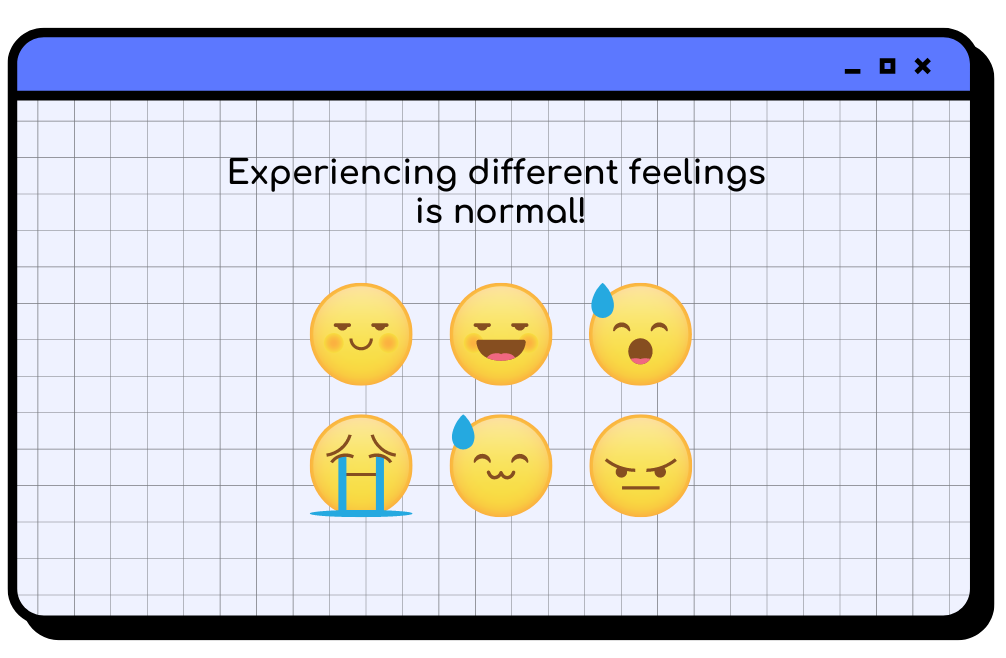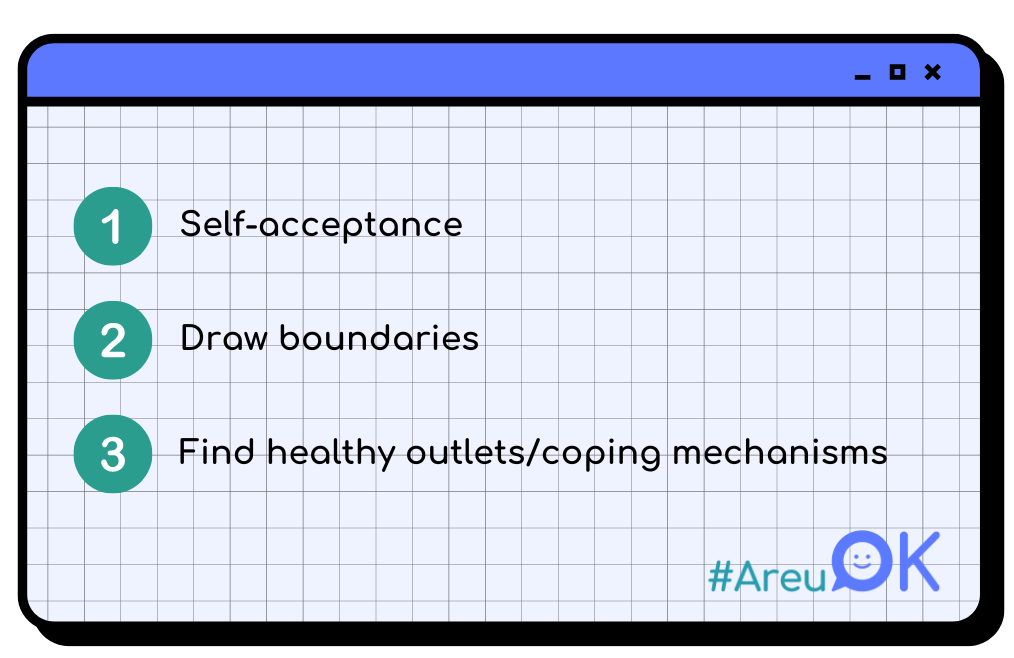DPA Letter to Colleagues: Living with Emotions
Dear colleagues,
This is Andrew from the Health and Wellbeing Team and I am the guest contributor to DPA’s Letter to Colleagues this week.

Let’s all start by acknowledging that we are all human. All of us experience emotions. And most importantly, experiencing a range of emotions is normal.

That being said, there definitely exist situations where we need to manage our emotions and find healthy ways to express them. And that is often the case at work.
Often, there is a misconception that suppressing our emotions – particularly negative ones – is an indication of our professionalism. However, dealing with these emotions is rarely about avoiding them. Much of it is about accepting that emotions occur and learning how to develop a healthy relationship with them – just like how we have learnt to live in an endemic and deal with uncertainties.
So how exactly can we better manage emotions? Here are some quick tips:

(1) Self-acceptance and Mindfulness
- Don’t deny your emotions: Acknowledge them. Denying emotions are more likely to end up in self-directed anger and downward spirals.
- Know that emotions come and go: According to neuroscientists, if you can prevent yourself from engaging in thoughts that led to your emotions, it just takes 90 seconds to flush out them!
- Take deep breaths: inhaling and exhaling slowly until you calm down.
(2) Draw boundaries
- Work-life boundaries: This can mean setting physical boundaries by designating a specific space for work (if you work remotely). It could also be doing your best to stick to your work hours and avoid the temptation to work OT – set an alarm to alert you when it’s time to shut off and continue working the next day. This could help you improve your productivity!
- Emotional boundaries: For instance, it could mean saying “I would love to help but I am not in the best headspace right now, could you look for someone else.”
- Time boundaries: Hold yourself accountable to a comfortable schedule and be realistic in your time management.
(3) Find healthy outlets/coping mechanisms
- Exercise, healthy diet, and quality relationships play a huge role in promoting emotional regulation (and overall happiness).
This letter was contributed by Ms. Zhang Yue, from the NUS Health and Wellbeing Team. The letter was first seen on DPA’s Letter to Colleagues, which can be accessed via https://dpa.nus.edu.sg/.

